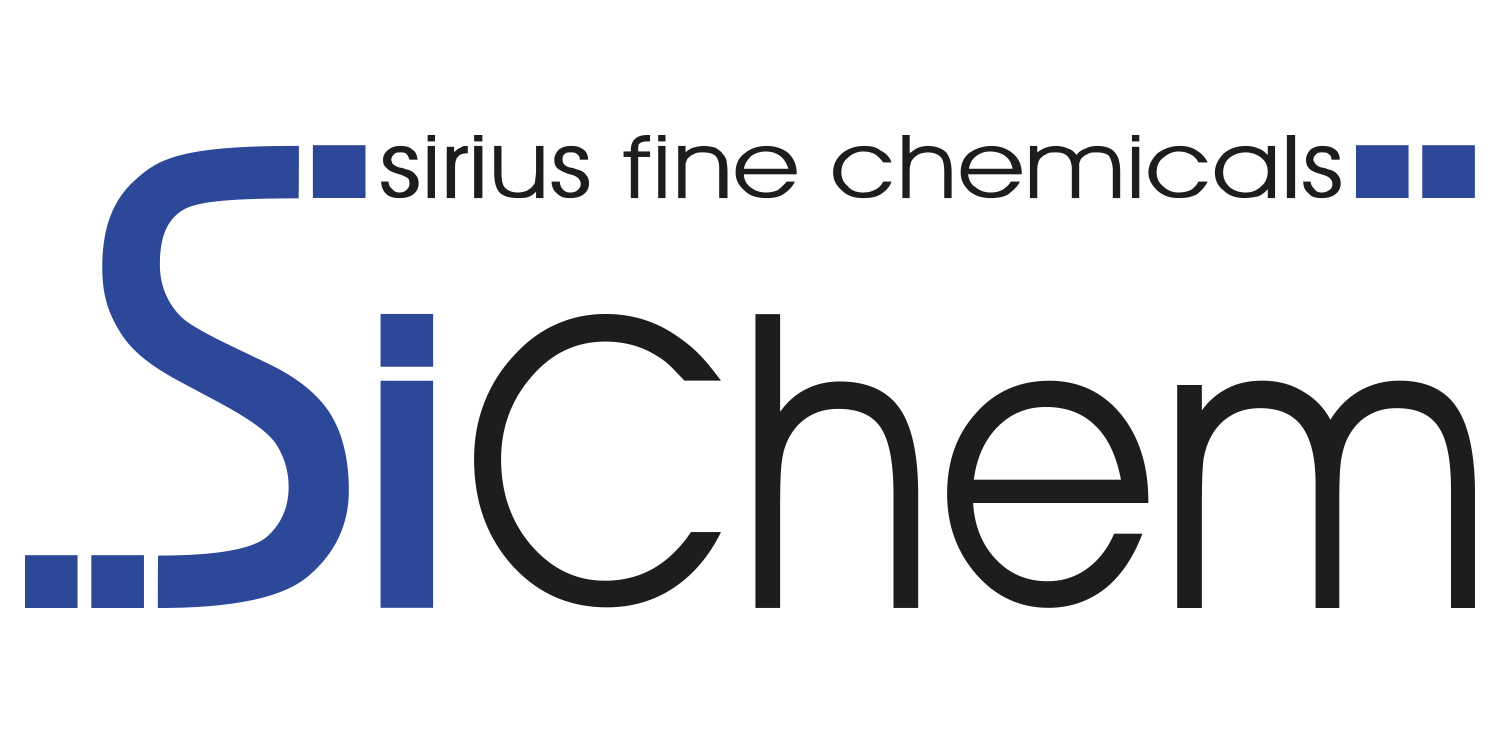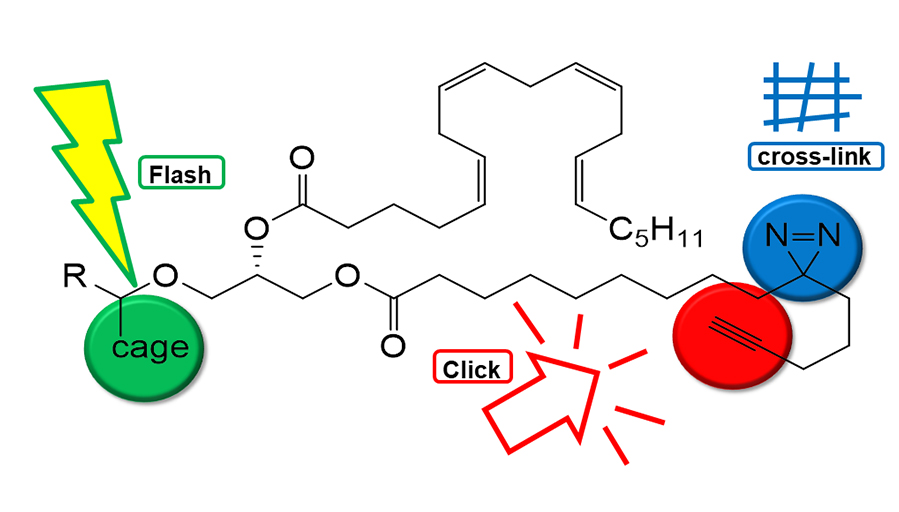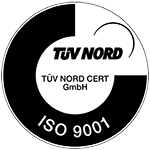Click Chemistry
Inositol phosphates
Custom Synthesis
made by SiChem
Custom synthesis and Lifescience tools
Sirius Fine Chemicals SiChem GmbH synthesises active substances for the early phase/toxicology of drug development, mainly for the pharmaceutical industry.
Our special focus is on prodrugs, i.e. the active ingredient is initially inactive and is only released IN the organism.
This can be done, for example, by endogenous enzymes.
A new approach is the release of the API (Active Pharmaceutical Ingredient) through a click reaction: here, the clickable inactive API is first transported to the site of action (e.g. to the tumour), where it reacts with a previously injected antibody or biopolymer that is also clickable.
SiChem also offers a wide range of useful tools, such as:
- Si-CLICK®: click reagents, such as artificial amino acids, active esters, alkoxides, APIs…
- Si-PEGs: functionalized PEG linkers for click chemistry or also for biotin and fluorescence labeling
- Si-LIPs: functionalized Lipids and Derivatives
- Si-DYEs: (clickable) Dyes with or without PEG-Linker (NEW!)
- Inositol phosphates: free, membranepermeant and/or photoactivatable derivatives
Flash & Click:
powerful Tools for investigating
lipid signaling in live cells
NEmo: New FRET-based reporter system that detects NE activity – now available at Sichem
Direct linking of our products with
relevant publications
– with bioz







